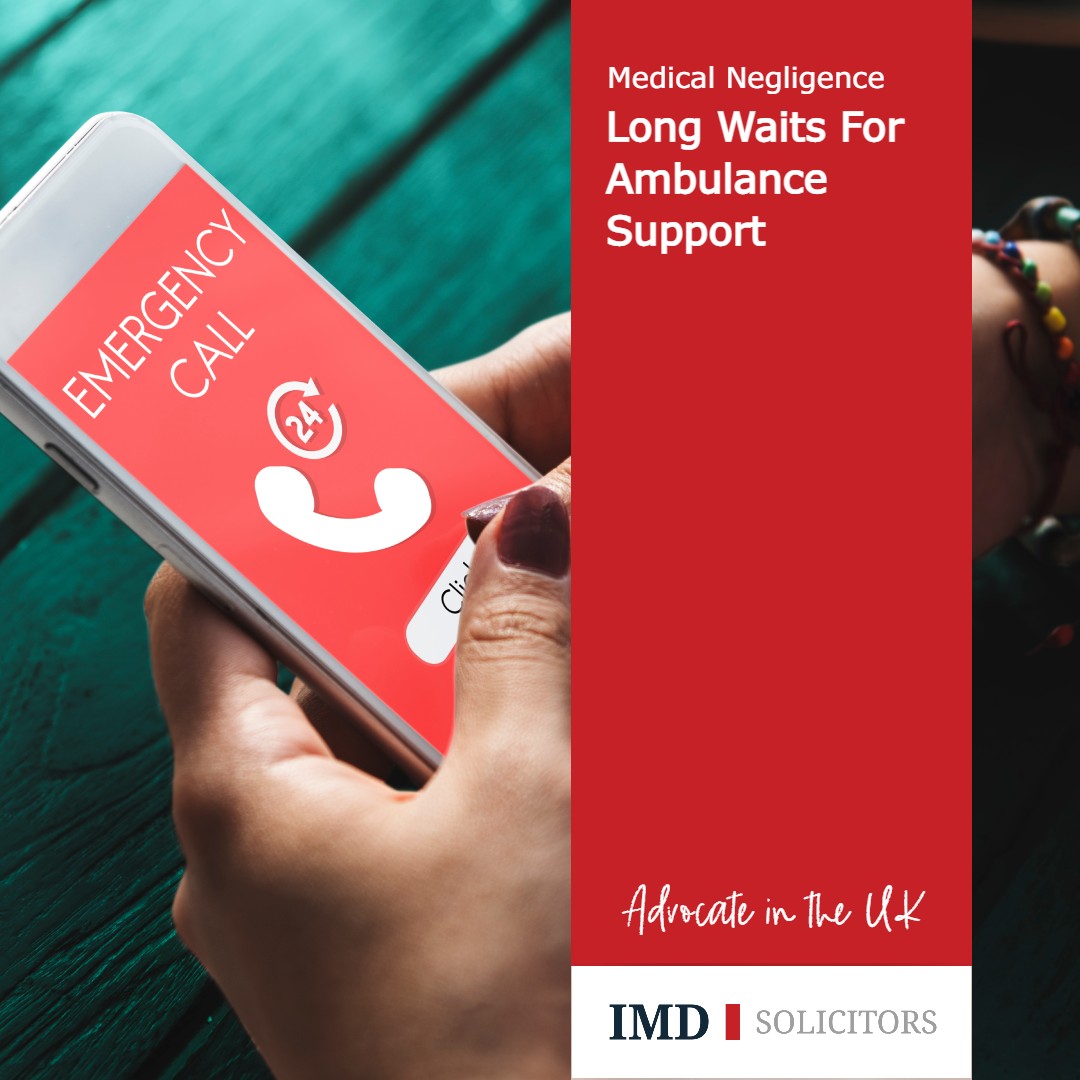
We all know patients only call on ambulances when they are in dire need of medical care and in times of emergency. However, the latest NHS England figures according to a recent BBC report suggests patients in need of ambulances for life-threatening health needs are often waiting much longer than they should. These patients could be elderly and frail, someone unable to breath or someone having a cardiac arrest. When every second counts how comforting is it to know the paramedics who want to get to you cannot due to factors beyond their control?
We often deal with enquiries from potential medical negligence clients after the loss of a loved one as they did not receive timely medical care. While we know the current state of affairs is not deliberate or intentional it is hard to offer words of comfort to a member of a family who is calling to say they think their loved one would have had a chance of survival had the ambulance come in time.
Lost amidst the statistics and shock of dealing with the pandemic are people who are still hurting. The recent Government announcement of more funds for the NHS will no doubt help but it will take time to see much needed change for some time to come. We can honour those who have lost their lives either directly or indirectly due to the pandemic by a change of mind set including the mind set that it is okay to be waiting for medical care. We pay for NHS care and it is not okay to be waiting!
If you would like to have an informal chat with our Clinical Negligence experts in confidence to see if you have a viable claim then please complete the contact form on our website and we will give you a call back at a time convenient to you or please call/ contact Daxa Patel, Clinical Negligence Partner & Solicitor by contacting us on 0330 107 0107 or email clinicalnegligence@imd.co.uk. Once we are contacted by you, one of our helpful team members will contact you. Please note we have a team of lawyers who speak many languages including English, Polish, Romanian, Russian and Lithuanian.
This article is for general information only and does not constitute legal or professional advice. Please note that the law may have changed since this article was published.